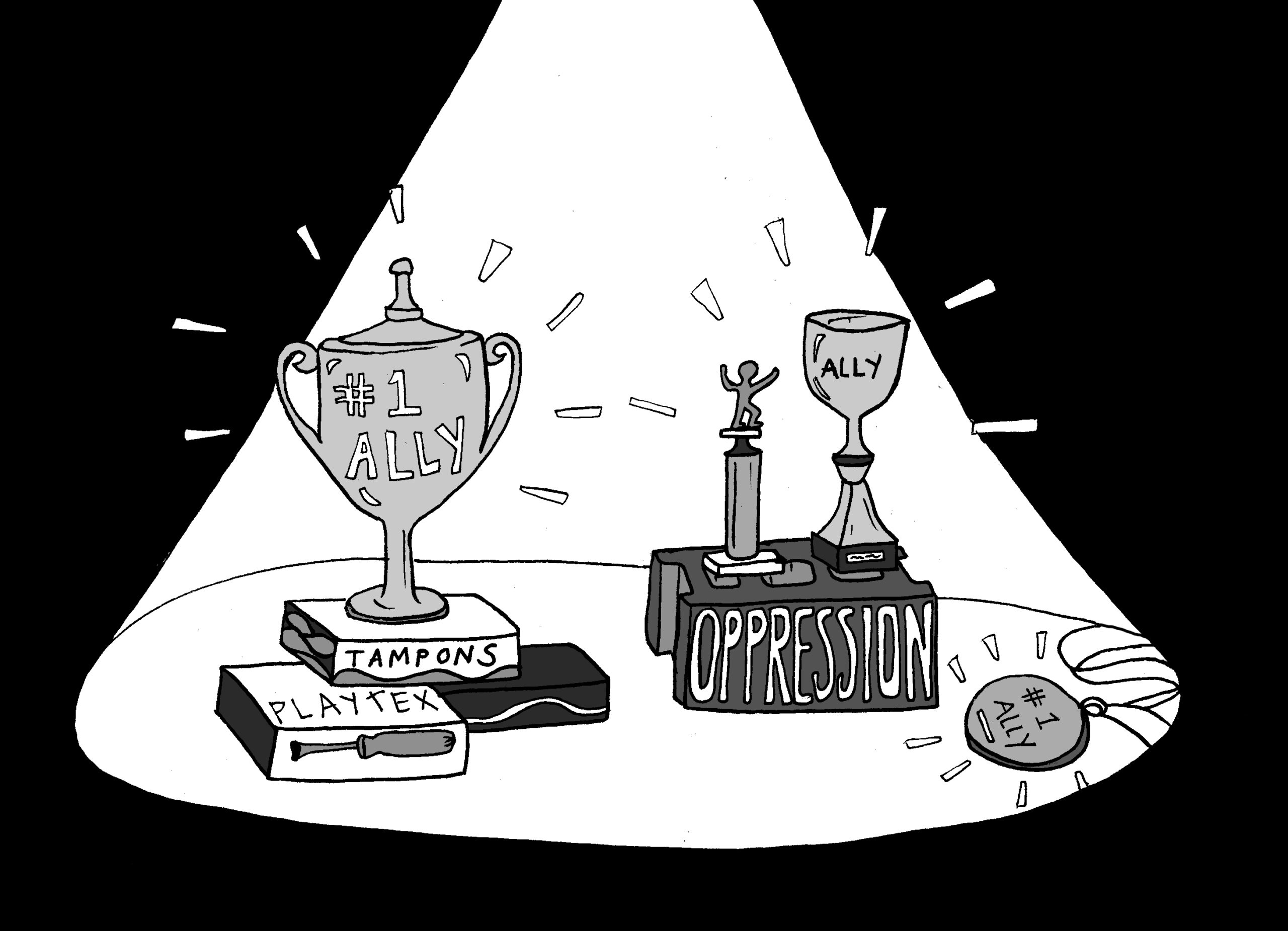Past progress distracts from ongoing struggles
September 22, 2017
 This
piece represents the opinion of the author
.
This
piece represents the opinion of the author
.
“Don’t you think things are better now?”
This is not an uncommon question I’ve heard, from people both inside and outside the LGBT community, but it’s always a difficult one for me to answer. Yes, the crowd in 24 College on Thursday evenings is exponentially larger than it had been a decade ago, and yes, I feel safer being out in the majority of situations at Bowdoin than I’m sure my predecessors felt. Even the fact that I can write this article so publicly, my full name plastered front and center on the printed page and shining bright and blue from the top of the Google search results screen—well, that has to mean something, right?
But this isn’t the entire picture. It’s possible to forget when you run in primarily queer or liberal circles, that there still exist those other circles who hate, or at the very least don’t understand, your existence: circles of people who let slurs rest on their tongues and spill from their mouths, who make no effort to correct their own ignorance or speak out against others’, who defecate in a box of tampons because the very idea that someone who identifies as a man might need to use them is as fundamentally repulsive to them as these actions are to us.
But hate isn’t the only thing that Bowdoin’s LGBT community faces. There are many others here on campus who also forget the privilege, the ease and the choice to forget the hate. These people talk about progress, about equality for all, about all the victories we’ve experienced. These people may claim to be allies. All of these things are good things, though, right? The problem arises when progress becomes denial, when “equality for all” becomes a tool to shut down marginalized voices under the rationale of “heterophobia,” “cisphobia,” or “all lives matter,” when talk of past victories becomes refusal to address present suffering and when allyship becomes performative and selective.
After the tampon box incident last spring, the campus was in outrage, and rightfully so. Articles were published, emails were sent, changes were made to the Free Flow Initiative and signs were posted in men’s bathrooms. Words of support and solidarity were spoken and loose, ambiguous promises were made. And then, two or three weeks later, everyone fell silent once more. The culprit was not found and punished, or at least not publicly. The conversations died down and in the grand scheme of things, very little changed. The anger, the fear, the distress that had settled within each of the members of the trans community seemed to pass right over the rest of campus’s head. And we’re still in the same position we were before, still unsure as to who our permanent allies are among the sea of temporary ones.
I am not trying to be unnecessarily pessimistic. I know that the majority of people, especially those who call themselves allies, have the best possible intentions and that mean no harm by preaching the gospel of progress. But the light of optimism is as blinding as it is illuminating. By focusing on all the positive things that we, the LGBT community, have, people tend to miss the negatives when good intentions and privilege converge in this way. In a similar vein, liberal and activist methods of denouncing hatred can sometimes be equally detrimental; when people’s rhetoric serves to separate themselves from the bigots they condemn, they often neglect to consider the nuances of oppression and examine the way in which they themselves are contributing to the problem.
Homophobia and transphobia, and any other form of discrimination, are not built solely on slurs, deliberate violence and explicit bias. Oppression forms a fundamental building block of our society; every person breathes a little of it in each day, and every person contributes to and perpetuates it, whether they are consciously choosing to do so or not. By virtue of their socialization, all cisgender people are shaped in part by the transphobia they’ve been taught and all straight people by homophobia, and only with conscious awareness and effort can they hope to eradicate it, both in themselves and in the world.
I am not asking you to abandon all hope for the future or to deliberately ignore all the progress that has been made in the present. To do so would be unproductive and exhausting. Rather, I ask that you approach these issues from a broader perspective, always challenge the status quo and always, always, look within yourself to identify the ways in which you may be a part of the problem.
Comments
Before submitting a comment, please review our comment policy. Some key points from the policy:
- No hate speech, profanity, disrespectful or threatening comments.
- No personal attacks on reporters.
- Comments must be under 200 words.
- You are strongly encouraged to use a real name or identifier ("Class of '92").
- Any comments made with an email address that does not belong to you will get removed.


Of course there is still progress to be made. And yes, a lot of the pain and discomfort currently experienced by individuals in the LGBT community is often implicit and not explicitly hostile. But what I find troubling is that it’s framed like there can never be a truly “good” ally. It seems like no matter how engaging an ally is, they are still, by your standards, are still discriminatory or want self-gratification. It seems like allies and overtly biased people get lumped into the same boat. Is that actually productive for social change?